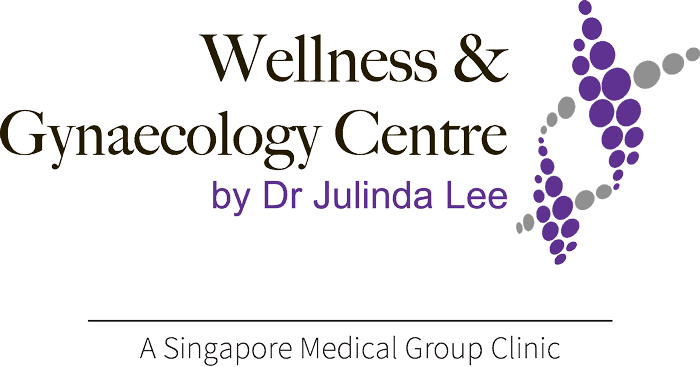What is
Wellness
Management?
Identifying root causes of disease, removing them and creating the best environment with the right instructions for the body to heal, is how we aim to return patients to an optimal state of health.
Disease is often due to an accumulation of poor lifestyle and nutrition choices. It takes many years for the changes to develop and the diagnosis of a disease is the culmination of those poor choices.
Treating disease with medication or surgery is often just treating the symptoms associated with the disease, such as anti-hypertensives for high blood pressure, diabetic medication for high blood sugar, or surgery for the removal of endometriosis and fibroids to reduce pain and/or heavy periods.
Without addressing the underlying cause for the manifestation of the disease, the patient cannot return to being healthy, and is often at risk of recurrence of the disease such as fibroids or cancer, and also at risk of developing other chronic diseases.
Recipe for
Wellness
Important Ingredients for Wellness
The choices we make in our daily lives can impact our health. Therefore, every person can actively manage his or her health wellness, by being committed to make the right choices in their lifestyles. Dr Julinda partners each patient to help guide him or her to the best possible health outcome. Read below for details on which lifestyle factors can impact your wellness.

Stress Management
In our current society, stress is almost embraced. It serves to tell us how useful we are, how much we can achieve and are achieving. Stress however, sends the wrong messages to our bodies. The signals that our brain sends to the rest of the body is one of distress, the need for ‘fight or flight’ responses and the need to engage mechanisms in the body to allow for survival. These signals are often not in-keeping with health if they are prolonged and unceasing and in the long-run can interfere with how our immune system functions, creating either excessive inflammation and conditions such as heart disease and diabetes or inappropriate responses resulting in autoimmune disease. Stress also affects our hormonal systems, prioritizing survival and conservation of energy resulting in weight gain, as well as reducing reproductive potential.

Nutrition
Food is often thought of in terms of calories as well as taste, but food is so much more. Food is fuel and an optimal fuel produces optimal performance in the machine that is the human body. Eating should be thought of as an opportunity to nourish the body and providing all the components needed to fuel its function. Food that is devoid of nutrients such as vitamins, minerals, plant chemicals and fibre may provide calories for the body to function, but these vital nutrients are necessary for optimal function and preservation of health. Without these nutrients, the body cannot perform functions such as detoxification, quenching of free radicals, preventing damage to the cells or repair them, and the result is the development of chronic disease.

Sleep
All animals need sleep. Across all different species, the need for sleep is maintained. Sleep not only allows recovery in a physically tired body, sleep is also an essential part of recovery and maintenance of a healthy brain. The lack of sleep increases the likelihood of inflammation, and other diseases such as hypertension, obesity, dementia, heart disease and diabetes. The lack of sleep affects the efficiency of the body’s ability to function, memory and concentration and even appetite control.

Movement
Exercise is promoted by many industries including the fitness and health industries as a way to lose weight. And whilst exercise does increase energy expenditure, it may help to maintain a healthy body and weight in many more ways than through caloric expenditure. The body is made for movement and children and athletes often show us what the body is capable of achieving in terms of movement. Due to our increasingly sedentary lifestyles, our muscles and skeletal systems adapt to the long times spent at our desks, spent crouched over our devices, and lose the ability to move efficiently and without pain. Exercise helps to promote not only heart and lung health, but exercise has been shown to improve balance, reduce the incidence of falls and also reduce the incidence of diseases such as dementia, depression, osteoporosis, heart disease, diabetes, just to name a few.


